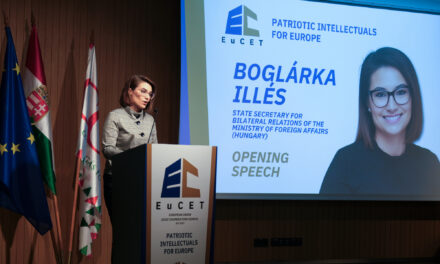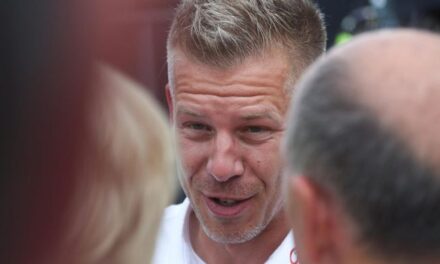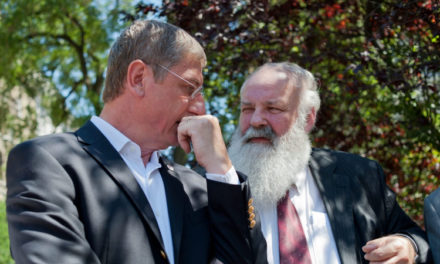However, it cannot be called a political debate, or even an argument, that someone running from hospital to hospital with a thermometer points out how many places there are problems. However, there would be a great need for meaningful discussions.
I am looking forward to the policy debates, which can be used to discuss our common issues and to develop good solution proposals, the results of which can be used both in legislation and in executive work. Political debates assume that politicians are intellectually armed, and while conducting intellectual-type polemics, they never lose sight of the fact that in the communication space dominated by social media, there are strict limits to action and thinking, which are forbidden to cross. .
Many years ago, as a state secretary - to avoid one-bit communication - I sometimes mixed up endless intellectual and political debates myself. In the latter, it is necessary to compare numbers and solution proposals that can be derived from real situational awareness, as well as to develop good government proposals and, if necessary, defend them.
Today, I am in a different situation, which is why I usually smile when my former fellow MPs ask for party discipline on my (self) critical statements intended to improve my political community.
I myself was happy about the Prime Minister's publicly published thoughts about the politicians of the ruling party having to stand up and win policy debates. This will not be easy for two reasons:
on the one hand, because we have almost given up on substantive discussion, a significant number of our politicians censor themselves because they don't want to say the wrong thing and make mistakes. On the other hand, we don't see who we should argue with.
Some members of the former opposition collect their salary as a living politician, or publish corruption-seeking videos, all the while avoiding controversial situations and their workplace, i.e. the Parliament. The new opposition, for now, only consists of one person:
we have no idea with whom from the Tisza Party we could debate agricultural, cultural, industrial or budgetary policy.
The fact that the long-retired Ákos Péter Bod and many other analysts in similar roles appear weekly with scathing criticism of the government is no guarantee that there is a comprehensive program, concept, vision or anything else around the house of Magyars.
For the time being, Magyar is a lone warrior, he started to face the Hungarian reality, or what he thinks it is, with a brush cutter knife, and this is now enough to appeal to thirty percent of people, certainly not more than that. It cannot be called a policy debate, or even an argument, that someone running from hospital to hospital with a thermometer points out how many places there are problems.
There would really be a great need for meaningful debates, even if they are generated by the opposition, thereby inspiring the government to make the necessary changes. In a parliamentary democracy, this is the task of the opposition, but we hardly saw any examples of this in the previous decade and a half. Apparently, due to their intellectual laziness, almost all the members of the opposition are incapable of the type of intellectual analysis and complex foreign policy thinking that we have become accustomed to from Viktor Orbán, regardless of whether or not we identify with his views on history and global processes.
However, it is not just the geopolitical role of our country that should be publicly debated, but rather the situation of health care, transport, or even the local government system, the direction of industrial development, and even, in times of flood, how we should finally capture some of the water rushing through our country, which is excellent for irrigation.
The entire article can be read on Mandine!
Featured image: Facebook / L. Simon László













